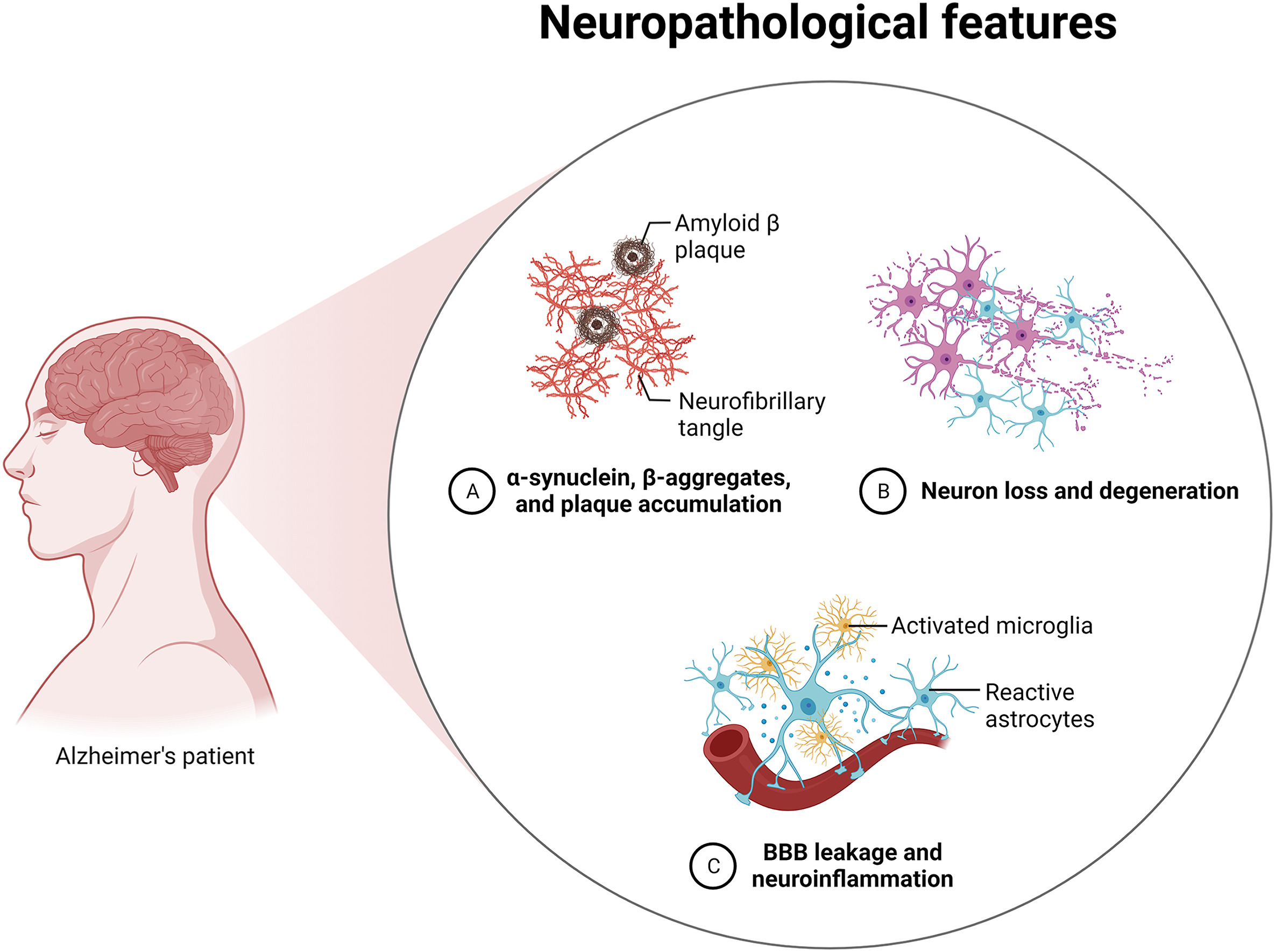Elsevier,
Journal of Climate Change and Health, Volume 18, 1 July 2024
Indigenous Peoples face disproportionate risks from climate change while being key to planetary health and climate resilience due to their traditional ecological knowledge. This manuscript provides Indigenous perspectives on climate justice, exploring the intersection of health, sovereignty, and ancestral practices, and discusses opportunities for decolonizing relationships to place, highlighting a case of rematriation and healing at Bdóte, the place of genesis for Dakota Peoples, also known as Minneapolis and Saint Paul, MN.
Elsevier,
Heliyon, Volume 10, 15 July 2024
This knowledge encompasses information about the local environment, including farming patterns, soil types, weather patterns, and other natural resources. Such indigenous agricultural practices are valuable methods, and these communities have illustrated the effectiveness, adaptability, and ways in which these adopted methods promote sustainable environmental management.
Elsevier,
Journal of Nutrition, Volume 154, July 2024
This study aimed to examine relationships among eating frequency, timing and time window, and cognitive performance and novel Alzheimer disease (AD) biomarkers in cognitively healthy and mildly cognitively impaired middle-aged and older adults. It concluded that an eating pattern characterized by less frequent eating and/or by earlier times is present in individuals with worse cognitive performance. The results shed light on the relevance of temporal eating patterns as potential early markers of behavioral or metabolic changes related to AD pathology.
Elsevier,
Neurochemistry International, Volume 177, July 2024
This review provides a comprehensive overview of both conventional and novel therapeutic strategies for Alzheimer's disease (AD), highlighting traditional Acetylcholinesterase (AChE) inhibition and emerging approaches such as Butyrylcholinesterase (BChE) inhibition, Tau Protein inhibitors, and COX-2 inhibition, while also exploring the roles of endocannabinoids, cholesterol-lowering drugs, and microRNA, alongside novel research tools and current clinical trials, to offer a consolidated resource for advancing AD treatment and research.
Elsevier,
Archives of Medical Research, Volume 55, July 2024
This article provides evidence that disruption of the intestinal mucosal barrier contributes to sarcopenia and functional dependence in patients with AD. RE may be an effective therapy to strengthen the intestinal mucosal barrier, reduce sarcopenia, and improve functional performance in patients with AD.
Elsevier,
Neuroscience Research, Volume 204, July 2024
This study found that Alzheimer’s disease neuropathological change (ADNC) is associated with gene expression changes that may impair cholesterol biosynthesis in neurones but not astrocytes, whilst levels of cortical cholesterol show a weak relationship to dementia status.

